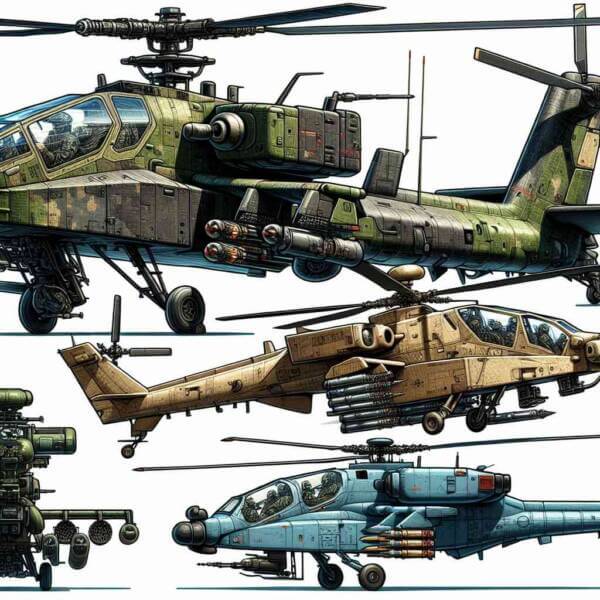Military Aviation: Understanding Its Power and Evolution
Military Aviation: Understanding Its Power and Evolution
Blog Article

The use of aircraft in military operations provides strategic advantages.
Nations invest heavily in military aviation to enhance defense capabilities.
The Evolution of Military Aviation
As technology advanced, airplanes were adapted for combat, reshaping military strategies.
Key developments over time:
- First use of armed aircraft in combat
- Creation of long-range bombers and jets
- Emergence of strategic bombers and nuclear deterrence
- Modern drone warfare
Each era brought new technologies that expanded aerial warfare.
Main Categories of Military Aviation
Military aviation includes a variety of aircraft, each designed for different roles.
Common categories of military aircraft are:
- Planes built for speed and agility
- Aircraft for long-range attacks
- Transport aircraft
- Eyes in the sky for modern armies
Each type plays a key part in military operations, from striking enemy targets.
Importance of Air Superiority
Air superiority is vital for achieving military success.
Strategic advantages of air dominance:
- Providing close air support
- Disrupting enemy supply lines
- Early warning and real-time data
- Boosting morale
Nations with strong military aviation capabilities can defend their interests more effectively.
Advancements Shaping the Future
Military aviation is at the forefront of technological innovation.
Future technologies in military aviation:
- Aircraft designed to evade radar detection
- Ultra-fast strike capabilities
- Unmanned aircraft operating independently
- New forms of aerial weaponry
These advancements increase survivability for air forces worldwide.
Obstacles Facing the Industry
From high costs to geopolitical tensions, the road to air dominance is filled with hurdles.
Pressing issues in military aviation:
- Rising development and maintenance costs
- Need for constant upgrades
- Securing digital communications and data
- Ethical concerns with autonomous weapons
Addressing these challenges is crucial to staying ahead.
What Lies Ahead
Nations will continue investing in space-based systems to get more info maintain strategic advantages.
Likely developments:
- Greater integration of artificial intelligence
- Space as the next battlefield
- Developing sustainable aviation technology
- Collaborations across allied air forces
The next era of military aviation will redefine defense.
Conclusion
Its history, present achievements, and future possibilities showcase technological excellence.
As technology continues to evolve, the skies will remain a frontline of innovation where military aviation protects nations.
The future of military aviation is limitless — and it’s only just beginning. Report this page